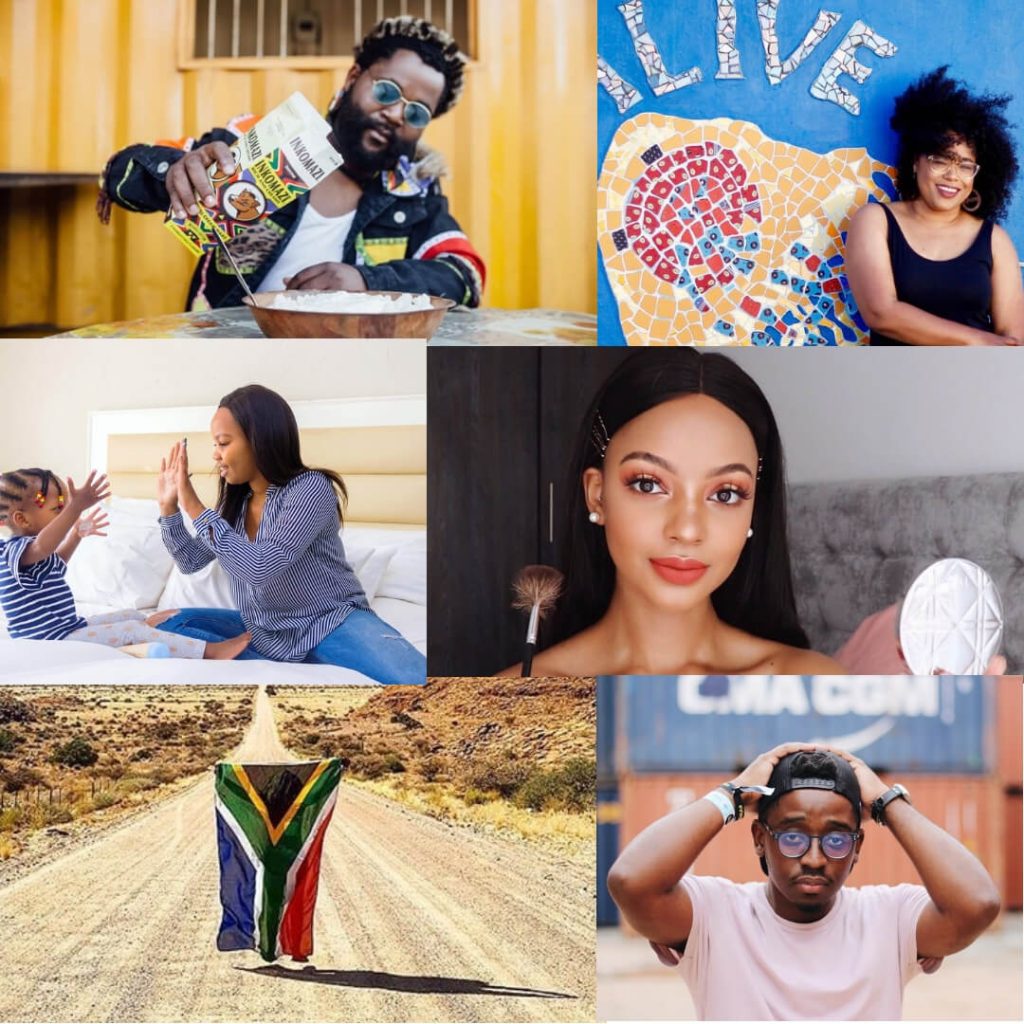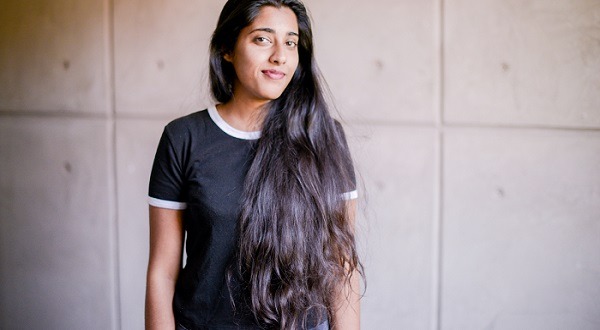In light of SME South Africa’s Business Opportunities and Franchising Month, below is a guide to the business opportunities one can find if you are considering the Influencer Marketing Industry.
It is a new industry, (it’s) on the rise and open to redefinition, said Atiyya Karodia, Lead Strategist of VML SA, a digital marketing, advertising and transformation agency. Karodia was referring to the influencer marketing industry.
“Celebrities might have broad reach but their influence is not as meaningful as a non-celebrities who may have a smaller audience, but is authentic,” Karodia added. “The rise of the genuine influencer relates to the search for meaning online.”

Here’s what you should consider if you are interested in doing business as an influencer:
What can you earn as an influencer?
According to Karodia, influencer marketing is one of the most exciting new developments in brand communication. “A local influencer at the bottom end of the scale can earn R1,000 per month, but one with international influence can earn up to R50,000 from their content.
“This is a key indicator of an industry that’s remarkably bigger than it was even one year ago, and is showing no sign of stopping any time soon,” she said. “And this is a new industry, on the rise and open to redefinition!”
Clerissa Visser, digital content strategist at Cape Town digital consultancy Platinum Seed, told Business Insider that South African “influencers” earn between R500 and R10,000 from a single Instagram post.
She added: “You may find yourself at 2,000 to 5,000 followers and already making a small-but-steady cash-flow with a brand that values the people you speak to and your skill at speaking to them.
“However, you will generally find that bigger brands in more competitive industries, such as fashion, for example, where almost every second Capetonian has an on-again, off-again fashion blog, only really start to take notice when you have upwards of 10,000 followers,” said Visser.
Marciel Hopkins, a local influencer, told W24 that some influencers contact brands and send out a price list of what a post will cost them to do a product placement on their profile or to promote a certain brand. “In many cases you have the brands themselves contacting influencers that they like.”
What type of influencer are you?
Karodia said that there are a tonne of niche influencers, ranging from Mommy Bloggers, to Art Influencers, to Kasi Culture Champions. “Each micro-community on social media allows influencer opportunities. Within the last year or so we’ve seen, Financial Literacy influencers like Nicolette Mashile rise to tap into a middle market audience that simply wouldn’t resonate with other existing financial influencers.
READ MORE: These Finance Influencers Will Inspire You to be Better With Money
“There are as many influencers (or opportunities) as there are diverse communities on social media,” said Karodia.
Kasi Culture, for example, is representative of the younger South African inclusive and middle market and for too long has been a severely underrepresented culture within mainstream media and advertising, explained Karodia. “In the last few years, we’ve seen an authentic appreciation and championing of Kasi Culture by South African creatives looking to reshape the narrative.”
She said that Kgomotso Neto, a photographer and Umuzi Academy Alumni, is an incredible influencer championing Kasi Culture through his photography. Neto recently did work for the brand Dickies.
According to Karodia, the popular niche influencer opportunities include art, parenting, financial literacy, health, sport (women in cricket), tech and fashion subcultures.
Celebrity influencers or not?
“Until the breakthrough of influencer marketing as we know it, brands were heavily reliant on celebrity endorsements. But celebrity endorsements are expensive and, in some cases, ineffective. What’s increasingly important is the depth of engagement and sway that influencers provide,” explained Karodia.
“This is about credibility and authenticity. Celebs might have broad reach but their influence is not as meaningful as a non-celeb who may have a smaller audience but is authentic. The rise of the genuine influencer relates to the search for meaning online.”
She added the following, for business owners: “As an SME, this is excellent news for you – you may not be able to access expensive celebs, but you can access real influencers.”

What brands pay for?
Karodia said that there is a fair amount of opportunity in the influencer marketing space at the moment in South Africa, but even more on the African continent. “Our market is distinct, with influence ranging from foot soldiers (micro-influencers who can be mobilised to drive conversation) to informal on-platform publishers (pages that have sizeable followings and focus on low-budget entertainment content like Mzansi Memes).
“If you want to become an influencer, remember that your following and the depth of your engagement is what brands will pay for, making it crucial for you to a) know your audience, b) know their needs, and c) be brutal in staying true to your own brand. In other words, stay authentic – this is where your value lies!
Trends
Karodia listed the following trends to expect going into 2019 in the influencer marketing industry:
- The rise & fall of the foot soldier: In 2018 we saw the rise (and bit of a fall) of paid Twitter. In 2019, I don’t believe that foot soldiers will be ignored, but rather that brands will be a lot more strategic in selecting micro-influencers on platforms like Twitter. They will focus less on the number of foot soldiers and more on micro-influencers on Twitter who are genuinely invested in the product, topic or conversation they’re driving.
- More authenticity: This is a trend we’re going to see well into 2019, with consumers consciously choosing influencers who resonate with them and who are relatable.
- From campaign to always-on: It’s fairly accepted that influencers in South Africa are used on a per-campaign basis, but in 2019 I believe we’re going to see a shift in brand and influencer relationships beyond campaigns and into an always-on space. This is an interesting morph of the industry towards what would essentially be a digitised long-term brand endorsement model, and one with a much stronger sense of partnership and influencer buy-in.
Regulations
Karodia said that in the United States and other parts of the world, influencer marketing is regulated by legislation, but this isn’t the case in South Africa – yet! “This gives brands and influencers alike a great deal of freedom, which is great, but it also leads to problems.
“It makes influencers susceptible to exploitation by brands and agencies, creates a lack of accountability from influencers, and gives rise to a growing conversation around the ethics of influencer endorsements that aren’t disclaimed. It would be a pity for this blossoming industry to be hobbled by these problems before it fully gets off the ground!”
Additional information
Advice for SMEs wanting to work with influencers
- Select influencers that reflect your brand purpose. This is how you achieve the authenticity that makes influencer marketing work.
- Vet your influencers to ensure that their content aligns to your brand and doesn’t result in a reputational risk. Your reputation is priceless – guard it with your life!
- Select influencers who can understand your business objectives and will help you meet them.


